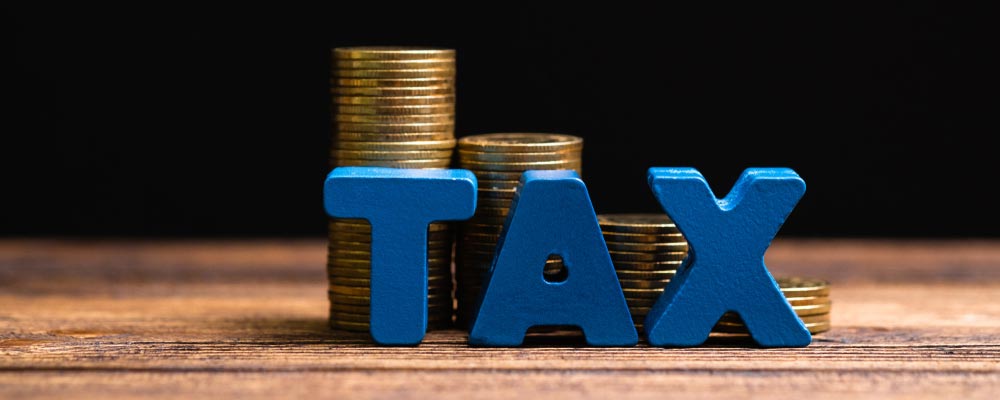I recently read an older article from MarketWatch about a man who was forced to delay his retirement by two years due to lost tax records.
And it got me thinking. Can you imagine being on the cusp of retirement and being told by the Social Security Administration:
Sorry. According to our records, you do not have enough quarters of work to retire unless you can produce the tax returns from 20 years ago to prove it.
What an unfortunate situation.
According to the article, the gentleman had to work the additional two years to satisfy his work credits because neither he nor the IRS had possession of the historical tax returns.
This case is an extreme example of the consequence of tossing important tax documents prematurely.
But did you know there are recommended time limits on how long you should keep important financial records?
I know it’s quite easy to accumulate a lot of paperwork and files over the years.
To make sure you are keeping the right documents for the right amount of time, I created a short quiz below to test your knowledge.
So, go ahead. Take the test and see if you are on the right track!
Financial Documents: How Long Should You Keep Them?
How many years should tax returns be stored?
-
-
- 3 years.
- 7 years.
- 20 years.
- Permanently.
-
How many years should tax return documentations be stored?
-
-
- 3 years.
- 7 years.
- 20 years.
- Permanently.
-
How many years should bank statements not related to taxes be stored?
-
-
- 1 year.
- 7 years.
- 10 years.
- Permanently.
-
How many years should IRA contribution records be stored?
-
-
- 5 years.
- 10 years.
- 20 years.
- Permanently.
-
How many years should brokerage statements be stored?
-
-
- 1 year.
- 7 years.
- Until the security is sold.
- Permanently.
-
How many years should credit card statements be stored for tax-related purposes?
-
-
- 3 years.
- 7 years.
- 20 years.
- Permanently.
-
How many years should receipts for large and/or valuable purchases — like antiques, jewelry and collectibles — be stored?
-
-
- 3 years.
- 7 years.
- 20 years.
- Permanently.
-
The answer key for the above questions is below.
![]()
So, how did you do?
As you can see from the quiz, some financial documents will be with us for the rest of our life.
So, please make sure you have a fireproof/waterproof security safe or a safe-deposit box at your bank so you can store these documents in case of an emergency.
Until next time,

Amber Lancaster
Senior Research Manager, Banyan Hill Publishing










